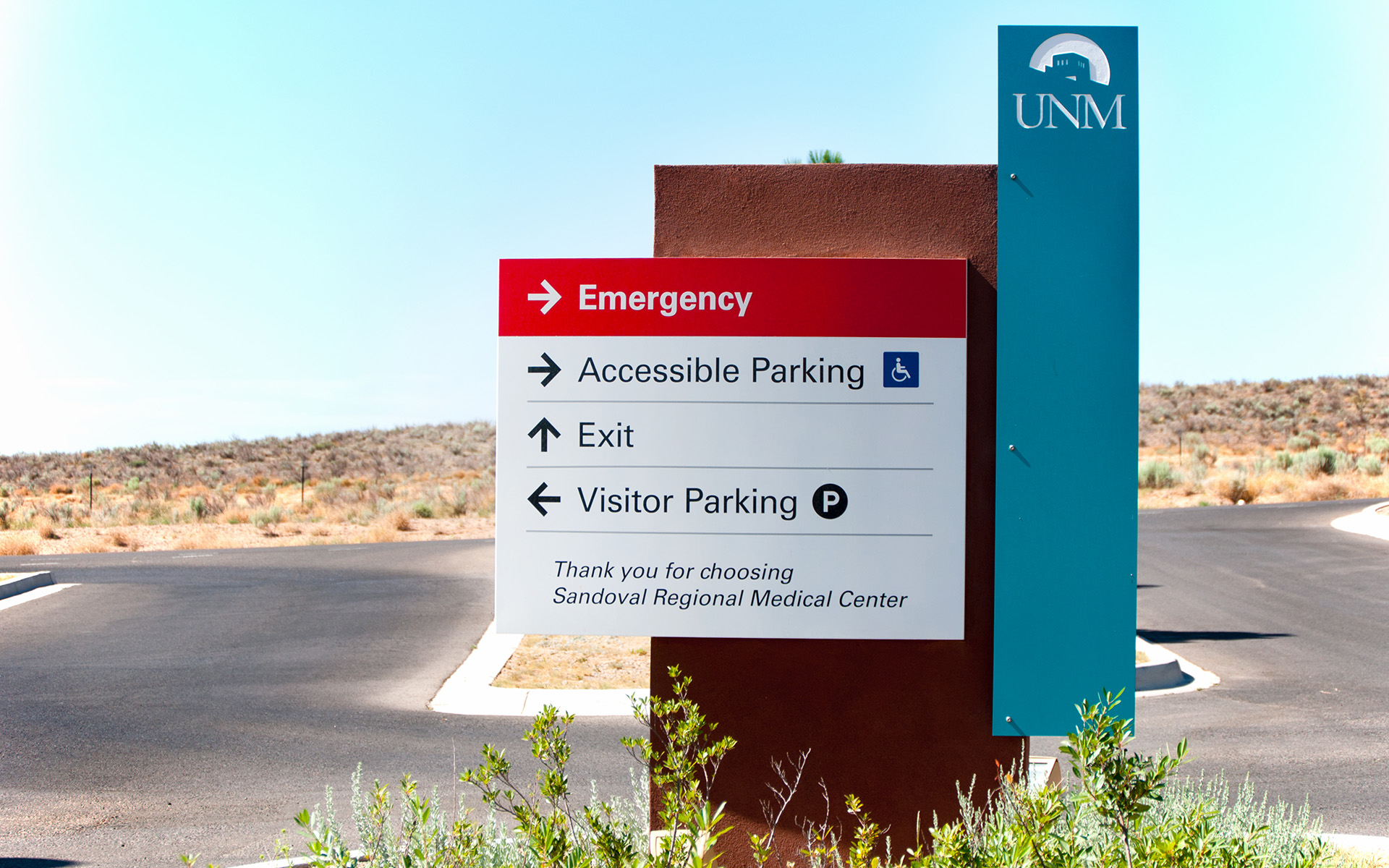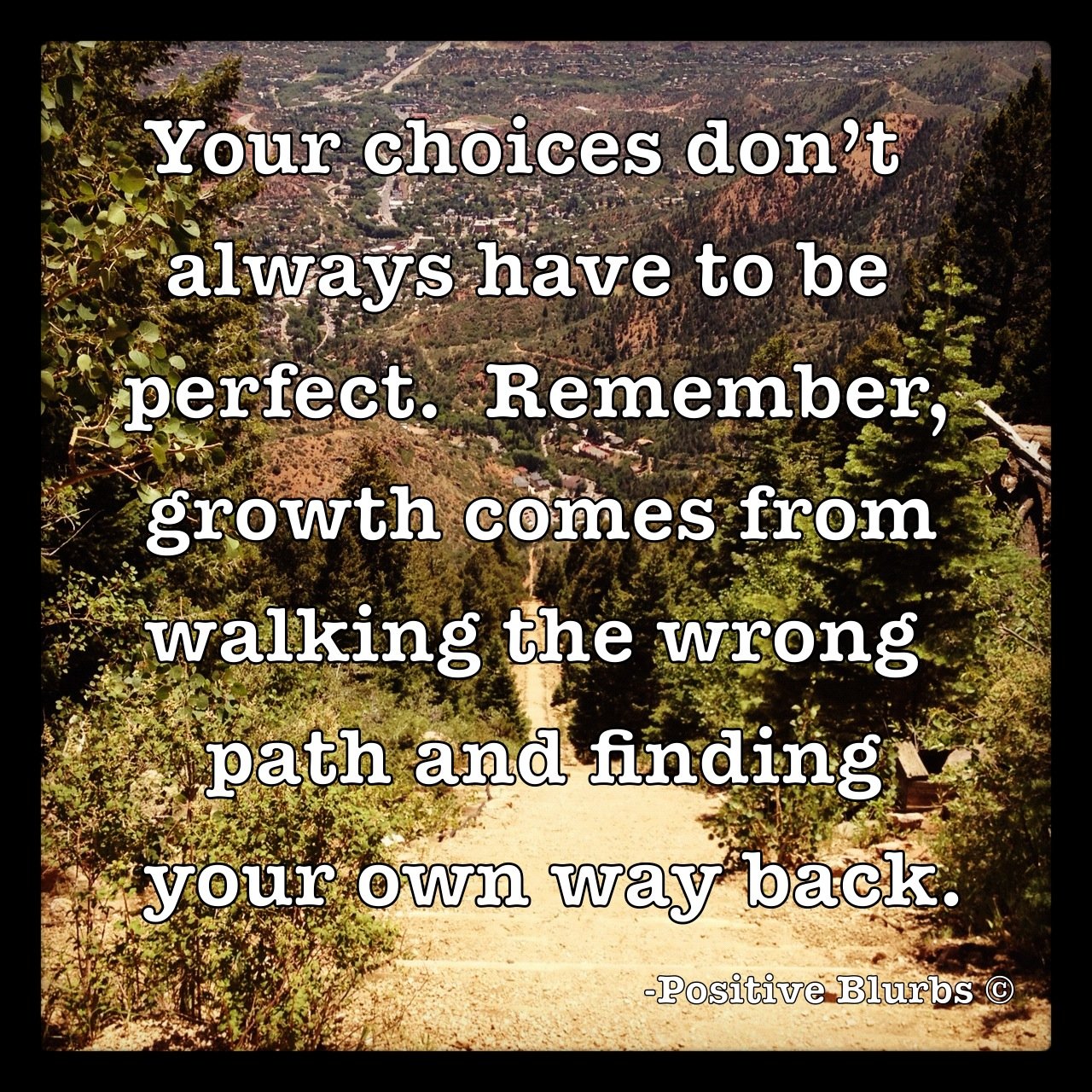Lost But Not Forgotten: Finding Way In The Modern World
You know that feeling when you’re standing in the middle of a bustling city, surrounded by towering skyscrapers, and suddenly you realize you have no idea where you are? That moment when your phone battery is dead, GPS is out of range, and the old-school map in your pocket looks like it came from a different century? Yeah, that’s what we’re talking about today—finding way in a world that’s constantly moving faster than we can keep up with.
Whether you're navigating through dense forests, crowded streets, or even the labyrinth of your own mind, finding way has become an essential skill in life. It’s not just about knowing where you are going; it’s about understanding how to get there and why the journey matters. In today’s fast-paced era, the concept of "finding way" goes beyond physical navigation—it’s about personal growth, resilience, and adaptability.
So buckle up, because this article will take you on a journey through the art of navigation, both literal and metaphorical. We’ll explore everything from ancient techniques to cutting-edge technology, all while keeping one eye on the human spirit that drives us forward. Let’s dive in, shall we?
- Vanessa Bryant Weight Loss A Journey To Health And Wellness
- Robbie Robertson And The Band A Journey Through Music History
Table of Contents:
- The History of Finding Way
- Modern Tools for Finding Way
- Psychology Behind Getting Lost
- Proven Tips for Finding Your Path
- Survival Skills for Extreme Situations
- Role of Technology in Navigation
- Finding Way in Personal Growth
- Common Challenges in Navigation
- The Future of Finding Way
- Conclusion: Embrace the Journey
The History of Finding Way
Before we dive into the modern tools and tricks of finding way, let’s take a trip back in time. Humans have been navigating the planet for thousands of years, long before GPS was a thing. Ancient civilizations relied on stars, compasses, and even landmarks to figure out where they were going. The Polynesians, for example, were masters at using the stars to guide their canoes across vast oceans. Imagine doing that today without a fancy app!
Back in the day, finding way wasn’t just about getting from point A to point B—it was survival. People had to rely on their instincts, knowledge of the environment, and sometimes plain old luck to make it through tough terrain. And guess what? Those skills are still relevant today, even if most of us are more likely to use Google Maps than a sextant.
- Unlocking The Magic Nicki Minajs Contribution In P Diddys Hello Good Morning Lyrics
- Exploring The Life And Career Of Jason Sudeikis The Actor Who Plays Ted Lasso
So why bother learning about old-school navigation methods when we have all these cool gadgets at our disposal? Well, for starters, it’s always good to have a backup plan. But more importantly, understanding the history of finding way gives us a deeper appreciation for the challenges our ancestors faced—and the resilience they showed in overcoming them.
Why Knowing History Matters
- It helps you appreciate the evolution of navigation tools
- It teaches you valuable survival skills
- It connects you to the human experience across centuries
Modern Tools for Finding Way
Fast forward to the 21st century, and the game has changed dramatically. Today, finding way is as simple as pulling out your smartphone and tapping on a map app. But let’s be real—relying solely on technology isn’t always the smartest move. Sure, GPS can tell you exactly where you are, but what happens when the signal drops or your battery dies? That’s where modern tools come in handy.
From portable GPS devices to offline map apps, there are plenty of options for those who want to stay connected without depending entirely on their phones. And let’s not forget about good old-fashioned paper maps—they might seem outdated, but they’re still one of the most reliable ways to navigate in a pinch.
Top Tools for Finding Way
- Smartphone apps like Google Maps and Apple Maps
- Portable GPS devices for outdoor adventures
- Offline map apps for areas with poor connectivity
- Paper maps for emergencies
Psychology Behind Getting Lost
Ever wondered why getting lost feels so… well, lost? It’s not just about being disoriented—it’s about the psychological impact of uncertainty. When we lose our way, whether physically or mentally, it triggers a cascade of emotions: fear, frustration, and sometimes even panic. But here’s the thing: getting lost doesn’t have to be a bad thing. In fact, it can be an opportunity for growth.
Studies have shown that moments of uncertainty can lead to increased creativity and problem-solving skills. When you’re forced to think outside the box, you often come up with solutions you wouldn’t have considered otherwise. So the next time you find yourself wandering aimlessly, try to embrace the experience instead of fighting it. Who knows? You might discover something amazing along the way.
How to Stay Calm When You’re Lost
- Take deep breaths and focus on your surroundings
- Break the problem into smaller, manageable steps
- Remind yourself that getting lost is part of the journey
Proven Tips for Finding Your Path
Alright, let’s get practical. If you’re serious about mastering the art of finding way, here are some tips that will help you navigate life’s twists and turns—both literally and figuratively.
Physical Navigation Tips
- Always carry a backup source of navigation (e.g., a paper map)
- Learn basic compass skills
- Pay attention to landmarks and natural cues
Mental Navigation Tips
- Set clear goals and break them down into actionable steps
- Stay open to new experiences and perspectives
- Trust your instincts, but don’t ignore logic
Survival Skills for Extreme Situations
Let’s talk about the worst-case scenario: you’re stuck in the wilderness with no phone, no GPS, and no idea where you are. What do you do? First, don’t panic. Second, rely on your survival skills. Knowing how to find water, build shelter, and signal for help can mean the difference between life and death.
And here’s a fun fact: many survival skills are actually based on ancient navigation techniques. For example, using the position of the sun to determine direction or following animal trails to find water. These skills may seem outdated, but they’re still incredibly effective in extreme situations.
Essential Survival Skills
- Finding and purifying water
- Building a shelter
- Starting a fire
- Signaling for help
Role of Technology in Navigation
Love it or hate it, technology has revolutionized the way we find our way in the world. From GPS-enabled watches to AI-powered map apps, there’s no shortage of tools to help us navigate. But as we’ve already mentioned, relying too heavily on technology can be risky. That’s why it’s important to strike a balance between using tech and developing your own navigation skills.
One of the coolest things about modern navigation technology is its ability to adapt to different environments. Whether you’re hiking in the mountains or driving through a crowded city, there’s an app or device that can help you get where you’re going. And with advancements in AI and machine learning, these tools are only getting smarter.
Emerging Trends in Navigation Tech
- Augmented reality maps
- AI-powered route optimization
- Portable solar chargers for outdoor adventures
Finding Way in Personal Growth
Now let’s shift gears and talk about something a little more personal. Finding way isn’t just about physical navigation—it’s also about navigating the complexities of life. Whether you’re trying to figure out your career path, improve your relationships, or simply become a better version of yourself, the principles of navigation apply.
The key to personal growth is setting clear goals and staying focused on the journey, not just the destination. It’s about embracing uncertainty and learning from every experience, whether good or bad. And most importantly, it’s about trusting yourself to find your own way—even when the path isn’t always clear.
Steps to Finding Your Personal Path
- Identify your core values and passions
- Set realistic, achievable goals
- Stay flexible and adaptable
Common Challenges in Navigation
No matter how skilled you are at finding way, challenges are bound to arise. Whether it’s bad weather, poor visibility, or simply feeling overwhelmed, there are plenty of obstacles that can throw you off course. But with the right mindset and preparation, you can overcome almost anything.
One of the biggest challenges in navigation is dealing with unexpected changes. Whether it’s a sudden detour on your road trip or a major life event that alters your plans, the ability to adapt is crucial. By staying calm, thinking critically, and trusting your instincts, you can navigate even the toughest situations.
How to Handle Unexpected Challenges
- Stay calm and assess the situation
- Focus on what you can control
- Seek help if needed
The Future of Finding Way
As we look to the future, it’s clear that the art of finding way will continue to evolve. With advancements in technology, AI, and even space exploration, the possibilities are endless. Imagine being able to navigate not just the Earth, but other planets and galaxies. It sounds like science fiction, but with the rate at which technology is advancing, it might not be so far-fetched after all.
But as we embrace these new frontiers, it’s important to remember the lessons of the past. Whether you’re using a high-tech gadget or following the stars, the fundamental principles of navigation remain the same. And at the end of the day, it’s not just about where you’re going—it’s about the journey itself.
Conclusion: Embrace the Journey
In conclusion, finding way is more than just a skill—it’s a mindset. Whether you’re navigating through physical terrain, personal challenges, or life’s big questions, the ability to find your path is essential. By combining ancient wisdom with modern technology, and by staying open to new experiences, you can master the art of navigation in all its forms.
So the next time you find yourself feeling lost, remember this: getting lost is part of the journey. Embrace it, learn from it, and most importantly, keep moving forward. And don’t forget to share your story with others—you never know who might be inspired by your journey.
Now go out there and find your way!



Detail Author:
- Name : Mr. Lula Schimmel
- Username : kuhn.gregorio
- Email : kling.danielle@lynch.info
- Birthdate : 1995-10-17
- Address : 47789 Kulas Mountain Suite 036 Gloverfort, CO 37103-5136
- Phone : +1 (747) 909-3446
- Company : DuBuque, Schultz and Kilback
- Job : Actor
- Bio : Ratione nihil et eum beatae ipsum. Nam voluptas iure vel odio. Consectetur aut totam tempora nam voluptas.
Socials
instagram:
- url : https://instagram.com/thurman1951
- username : thurman1951
- bio : Corrupti nemo rerum sit adipisci natus. Pariatur dignissimos qui eum non soluta quibusdam aliquam.
- followers : 4135
- following : 1604
tiktok:
- url : https://tiktok.com/@thurman.franecki
- username : thurman.franecki
- bio : Minus reprehenderit et perspiciatis labore quasi est.
- followers : 1604
- following : 632